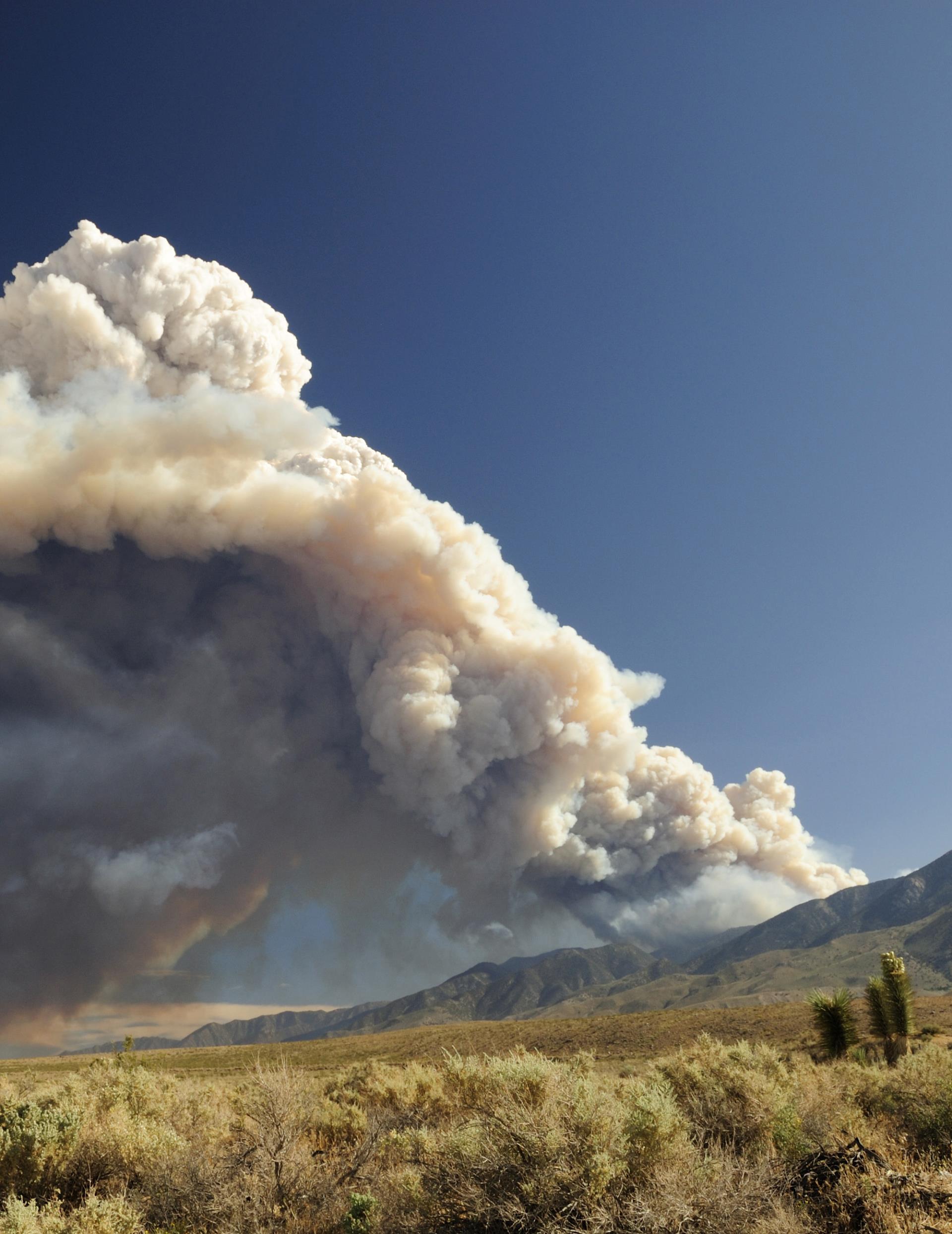City of Sierra Vista, AZ
Home MenuRECOMMENDED SEARCHES
Preparing for an Emergency
Preparing for an emergency is the best way to help yourself and your loved ones, including your pets. The information below will help you prepare for an emergency.
 Emergency Notification System
Emergency Notification System
Sign up to receive emergency alerts and severe weather warnings that could directly impact you and your family.
Cochise County is able to send you emergency alerts via text message, email, pager, or voice call (in extreme cases), based on your preferences.
This service, powered by AlertSense, allows fire, police, and other emergency response agencies to issue emergency alerts to warn citizens of events such as severe weather, fire, flooding, hazardous materials, need for immediate evacuation, civil danger, local area emergencies, and missing persons.
Get Ready Now
Preparing now makes sense. When an emergency arises, you might not have time to gather up all the things you need while making sure your loved ones are safe. Click on the steps below to start preparing for an emergency.
"Ready, Set, Go!" Program
Ready, Set, Go! is a nationwide program that uses these three words to notify residents about the threat level in their area and how they should respond.
READY. Ready means "prepare now." Hopefully you already have your emergency kit prepared. If not, build one with enough food, water, and necessary supplies to last for at least 72 hours. Be sure to include family records and important documents.
If you get a "ready" alert, keep up to date on local news, weather watches, and public health recommendations. Be a good neighbor and make sure those around you are aware of the "ready" status and are prepared.
SET. Set means "be alert" and know that there is significant danger in your area. Consider relocating voluntarily, have your emergency kit at hand, and stay aware of the latest news.
GO! Go! means danger in your area is imminent and you should evacuate immediately to a shelter outside of the affected area. Follow instructions from emergency personnel, stay on designated evacuation routes, and avoid closed areas. If you choose to ignore this advisement, understand that emergency personnel may not be able to assist you.
